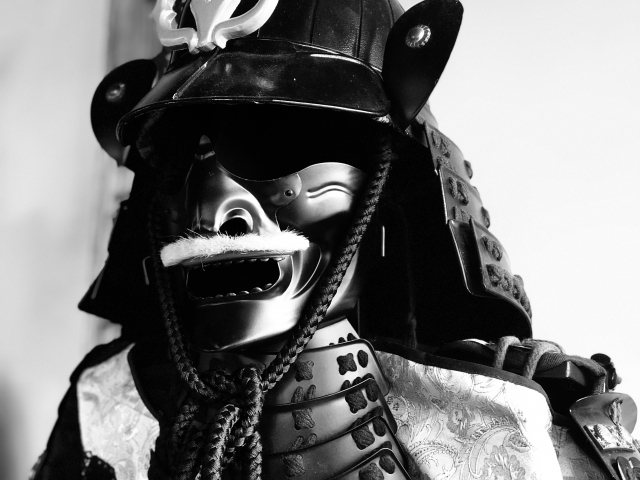In 2024, SHOGUN made history by winning 18 Emmy Awards, a monumental achievement for a television series. Based on the bestselling novel by James Clavell, this show takes place during Japan’s Sengoku period, featuring a story that immerses audiences in the culture and values of Japan. What makes this show remarkable is its dedication to portraying Japan authentically, setting a new standard for how Japanese culture should be depicted in Hollywood.
Lead actor Hiroyuki Sanada delivered an emotional speech at the Emmys, expressing his gratitude to those who have preserved the tradition of period dramas in Japan. He highlighted how SHOGUN allowed Japanese passion and dreams to cross borders, emphasizing the importance of bringing an authentic Japan to the world stage.
SHOGUN: A Genuine Depiction of Japan’s Sengoku Period
SHOGUN is set in Japan’s tumultuous Sengoku period, where an English navigator, John Blackthorne, becomes embroiled in the political and cultural dynamics of the time. The series stands out for its deep exploration of samurai ethics and the geopolitical tension between Japan, the United Kingdom, and Portugal. More than just a period drama, SHOGUN offers a faithful depiction of Japanese values.
Sanada’s commitment to this authenticity is evident, as his character speaks only Japanese throughout the series. Around 70% of the dialogue is in Japanese, marking a significant departure from past Hollywood productions where English often dominated. This commitment to cultural accuracy has been praised as a milestone for the portrayal of Japan in international media.
Hiroyuki Sanada’s Effort to Show “True Japan”
Sanada Hiroyuki, a renowned Japanese actor, has long sought to correct the “weird Japan” stereotypes that have plagued Hollywood. In past films, Japan has often been portrayed in overly exoticized or inaccurate ways. With SHOGUN, Sanada aimed to bring forth an accurate depiction of Japanese culture, one that reflects the country’s rich history and complex social dynamics.
In many past Hollywood films, samurai were depicted as flat, stereotypical characters, with little regard for the deeper ethical frameworks that define their existence. Sanada worked to ensure that SHOGUN authentically portrayed these ethical values, providing a more nuanced understanding of Japan’s past. Despite being filmed in Canada, the production focused on replicating traditional Japanese settings, costumes, and customs as accurately as possible.
Past Examples of “Weird Japan” in Hollywood
Hollywood’s past attempts to depict Japan have often resulted in what can only be described as “weird Japan.” For example, films from the 1980s and 1990s frequently portrayed geishas and samurai in ways that felt overly exotic and disconnected from reality. One well-known example is the 2003 film The Last Samurai, which, despite its success, featured many historical inaccuracies, including the depiction of a samurai culture that is overly simplified and idealized through a Western lens.
Another example is Mr. Baseball (1992), which humorously presented Japan’s baseball culture but also emphasized the stereotype of Japanese people as emotionless and robotic. These portrayals, while often entertaining, failed to capture the true complexity and depth of Japanese culture.
The Importance of Accurately Depicting Japan
Accurate cultural representation is crucial, especially in a world where media shapes global perceptions. Movies and television shows that misrepresent cultures can reinforce stereotypes and spread misinformation. With SHOGUN, the focus was not just on entertainment but also on educating international audiences about the true essence of Japanese culture.
Sanada’s goal was not simply to create a “Japanese-inspired” atmosphere but to convey the values and ethics that underpin Japan’s rich history. Through SHOGUN, he hopes that international audiences will gain a deeper understanding of Japan, free from the distortions of past portrayals.
Conclusion: The Legacy of SHOGUN and Future Representation
SHOGUN has set a new benchmark for how Japan should be depicted in Hollywood. Its success has opened doors for other Japanese actors and filmmakers, providing them with more opportunities to share their culture authentically on the world stage. Furthermore, the show’s acclaim reinforces the importance of cultural accuracy, showing that entertainment can also serve as a powerful tool for education.
This series not only achieved critical and commercial success but also demonstrated that Japanese culture, when depicted authentically, can resonate with audiences worldwide. We hope to see more projects like SHOGUN that respect and celebrate Japan’s unique history and values.









Comments